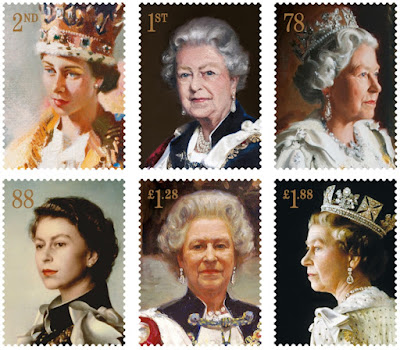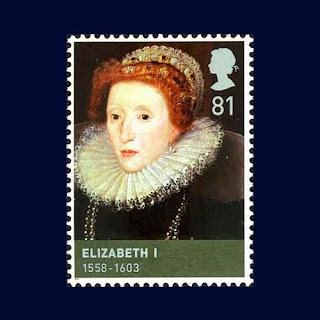Nuakhai is a significant harvest festival celebrated primarily in the western part of Odisha, India, particularly among the people of the Sambalpuri cultural region. The term "Nuakhai" translates to "new food" (Nua means new and Khai means food), signifying the celebration of the season's new rice harvest. This agrarian festival marks the welcoming of the new crop and is observed with great enthusiasm and cultural fervor.
Key Aspects of Nuakhai Festival:
Timing:
- Nuakhai is celebrated the day after Ganesh Chaturthi, usually in late August or early September, based on the lunar calendar. The exact date is determined by the priests and is considered an auspicious day for the farming community.
Rituals and Traditions:
- Preparation: In the days leading up to Nuakhai, houses are cleaned, and preparations are made to welcome the new harvest. Special dishes and sweets are prepared from the newly harvested rice.
- Nabanna: The main ritual involves offering the first grains of the harvest to the presiding deity of the area, known as the Nabanna. This is done to seek blessings for prosperity and good fortune.
- Family Gatherings: Families come together to celebrate the festival. It is a time for family reunions, feasting, and cultural performances. Traditional clothes are worn, and elders give blessings to the younger members of the family.
Community Celebrations:
- The festival fosters a sense of community and collective celebration. Villages and towns organize cultural programs, including folk dances (such as Sambalpuri and Dalkhai), music, and traditional games.
- Nuakhai Bhetghat: This is a social gathering where people meet and greet each other, resolving any past conflicts and renewing social bonds. It is a time for communal harmony and togetherness.
Cultural Significance:
- Nuakhai is more than just a harvest festival; it is a cultural symbol of western Odisha. It reflects the agrarian lifestyle, the importance of agriculture, and the deep connection of the people with their land and traditions.
- Traditional Attire: People wear traditional Sambalpuri sarees, dhotis, and other regional garments, showcasing the rich textile heritage of the area.
Economic Importance:
- The festival has economic implications as well, boosting local markets with the sale of agricultural produce, traditional clothing, and festival-related items.
Conclusion
Nuakhai is a celebration of gratitude for a bountiful harvest and a time for renewing bonds within families and communities. It embodies the cultural and agricultural heritage of Odisha, promoting values of harmony, prosperity, and collective joy. The festival's vibrant customs and traditions make it a cherished occasion for the people of western Odisha.









